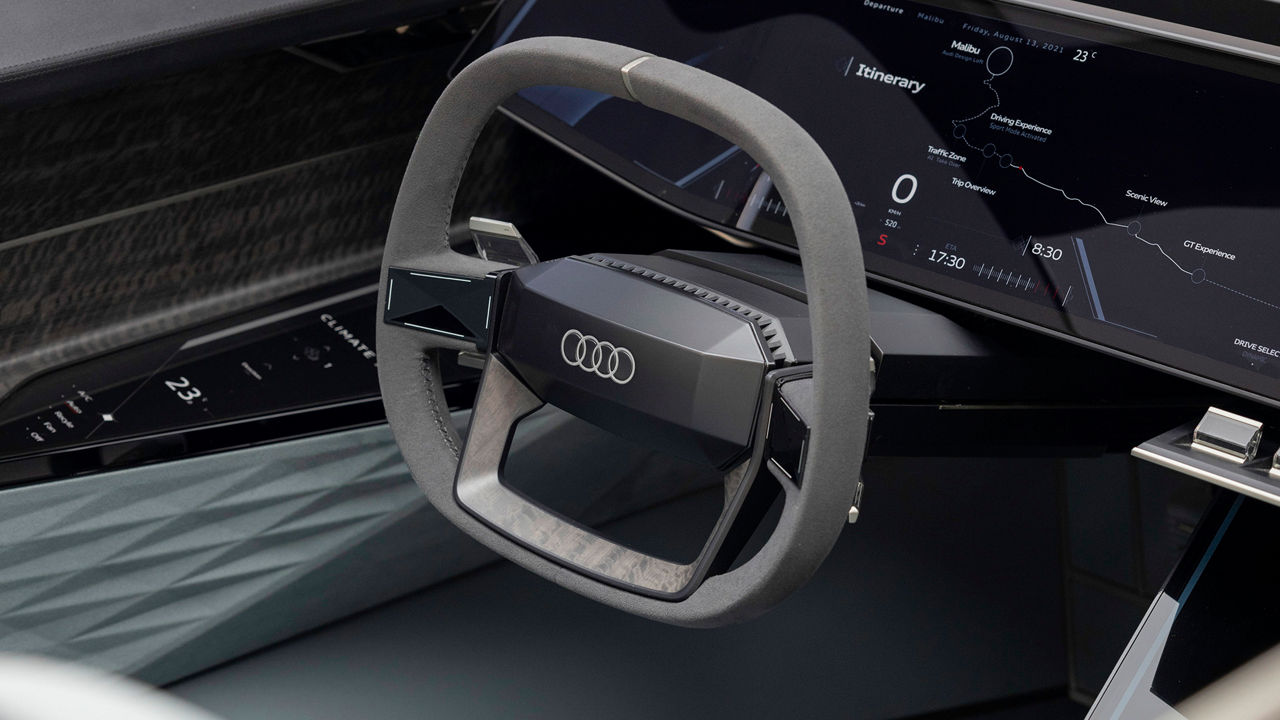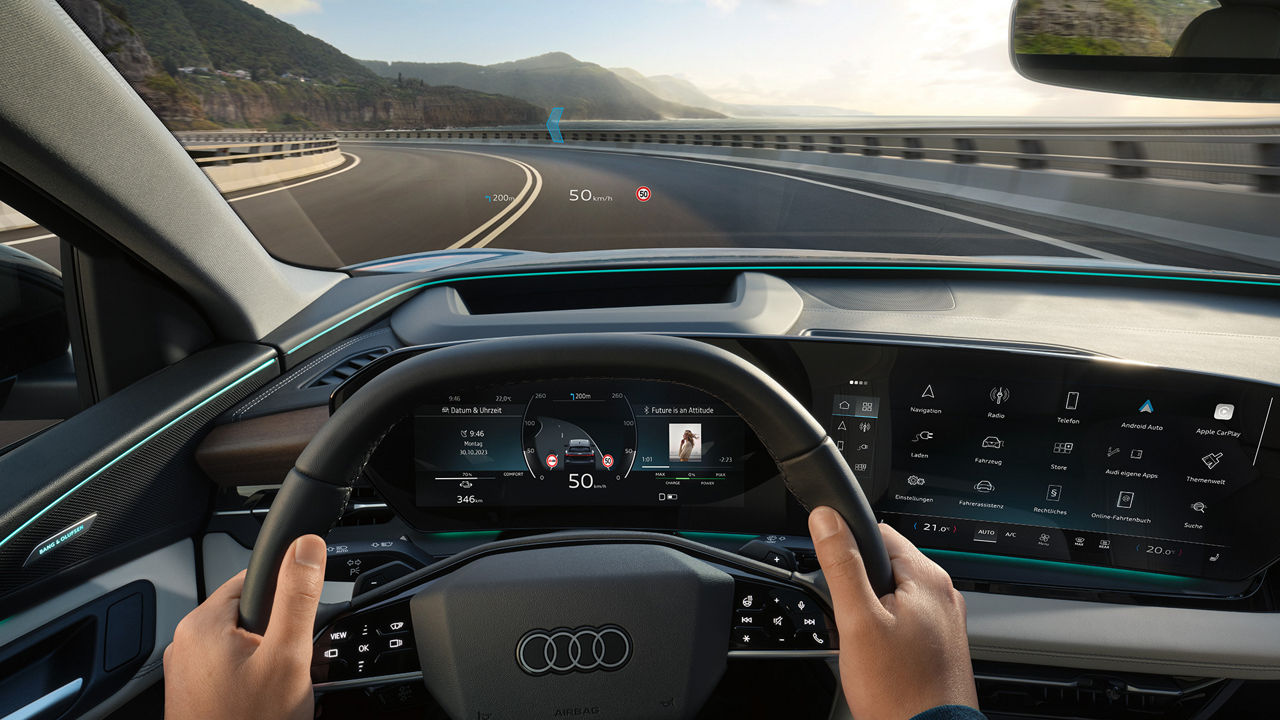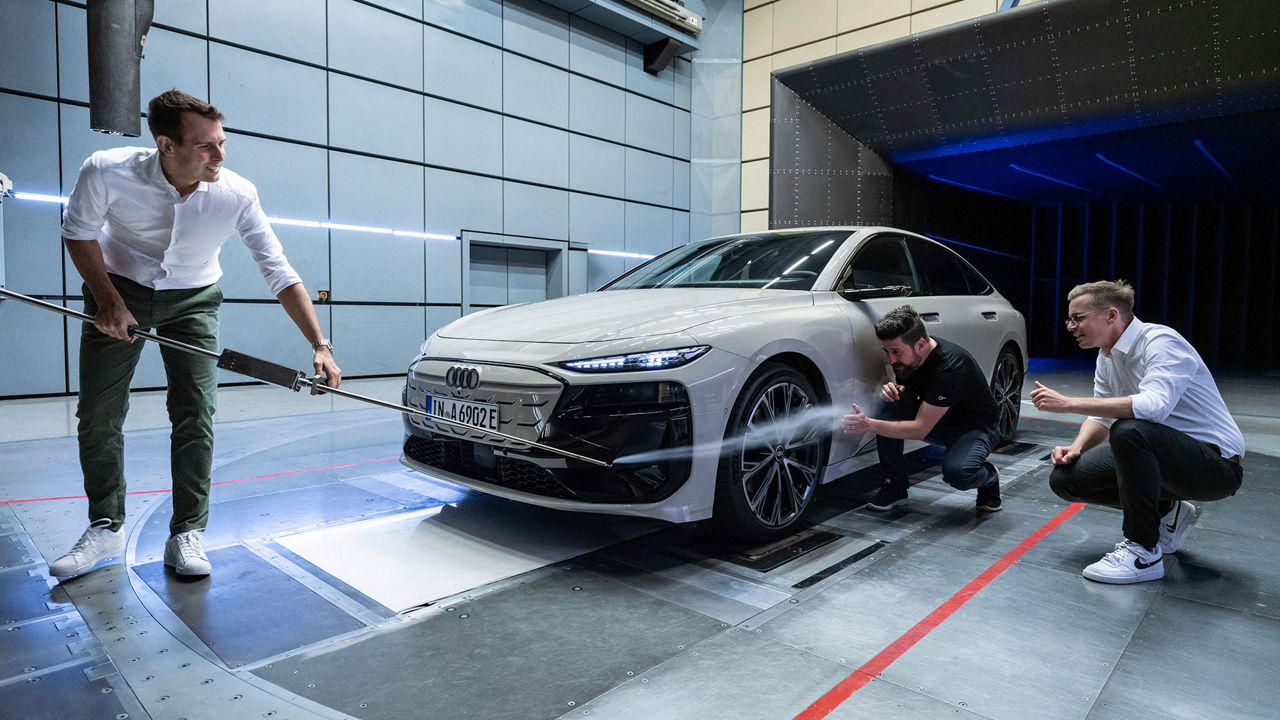Driving and safety training courses on Audi dynamic tracks, exclusive Alpine tours, winter training courses in Scandinavia - the Audi driving experience offers Audi fans unforgettable driving experiences.
.jpg)
Audi is changing. Continuously. Discover here how our innovations ensure "Vorsprung durch Technik," how modern technology and progressive thinking characterize Audi, which processes are behind them and how our engineers work to further develop the existing.







